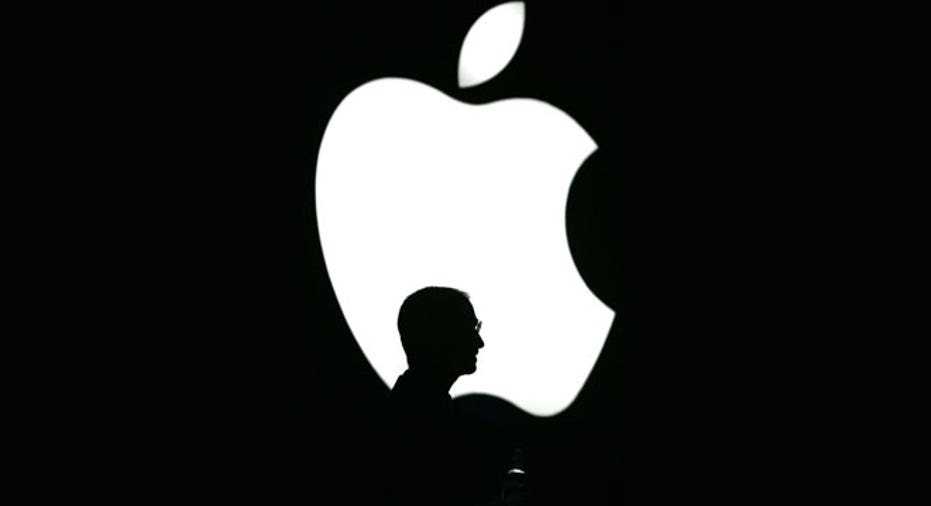How to Change the World -- No Really

Every budding entrepreneur wants to change the world. So do Millennials, the generation that desperately wants their work to mean more than just a paycheck. And CEOs are scrambling to infuse a sense of purpose -- something beyond revenues and profits -- into their corporate missions.
Whether the world is actually becoming a better place since everyone decided it needed to be changed is sort of a moot point.
The real question is, do our grandiose visions have any basis in reality or are they just the delusions of an increasingly narcissistic culture? Can our lofty dreams become self-fulfilling prophecies or are we destined to plummet to Earth when our overinflated bubbles inevitably burst?
In case you’re curious about how the “change the world” mantra got started, join the club. I’m sort of wondering about that myself. It’s not my purpose in life, mind you, but I admit to being curious. Besides, I’m not sure how to answer these difficult questions without first knowing what we’re dealing with here.
Near as I can tell, ground zero for the contemporary fashion surrounding the phrase, is Silicon Valley. The way entrepreneurs and VCs throw those words around you’d think it’s the sole motivation behind every startup. Products, customers, revenues, profits, exits, even IPOs are all so yesterday. Changing the world is in.
As for who actually started it, all arrows point to none other than Steve Jobs. The Apple CEO told the first Macintosh design team they were there to put a dent in the universe. That was a big theme with Jobs, who reveled in the notion that, “you can poke life,” he said, “If you push in, something will pop out the other side. You can change it.”
Meanwhile, Apple’s former chief evangelist for the Macintosh, Guy Kawasaki, has been using the phrase “change the world” for a good many years. That’s enough triangulation for me. Apple, Jobs, evangelism, Silicon Valley, entrepreneurs -- it all makes sense. And since Millennials see themselves as entrepreneurs, I guess that sort of makes sense too.
Clearly, it’s possible to change the world. You can change it with music, science, art, leadership (political or business), writing, and of course, technology, as Jobs and Apple certainly demonstrated. But no matter how you slice it, that’s still a rare thing. It takes a special individual or organization under unique circumstances. The planets have to align, more or less.
And yet, if you could somehow add up the number of people associated with companies, non-profits, movements, and causes out to change the world, it would certainly be a very big number. How big? I don’t know, a billion, maybe more. And it’s growing by the day. So how do we reconcile or at least explain the enormous gap between so many wanting to make a big difference and so few actually doing it?
Well, there’s no way to really reconcile it. This is not utopia. If all those people could truly change the world in a material way we’d all be living in a constant state of chaos. Luckily, that’s not really how things work. The world is a big place and people are amazingly resilient to change. That’s why change movements take time.
But we can certainly explain the gap. It comes from another Silicon Valley construct, namely Web 2.0 -- the Internet as an open platform for social media and user-generated content. That’s how such a rare and unlikely event has somehow become the mission of so many, not to mention the most overhyped fad this side of global climate change.
The way it works is this. Anyone can invest in a company on Kickstarter. Anyone can create a hashtag or follow a cause on Twitter. Anyone can have a Facebook page and a personal brand. Anyone can sell their wares on eBay, Etsy and Amazon. Anyone can have a website and write a blog. Anyone can generate free content.
Bottom line: anyone can create or be part of a project, cause or movement. Lead, follow, or both, it makes no difference. You’re still special. Powerful. A real big shot.
Obviously, this is all perception. Web 2.0 provides the illusion of importance, of being different and capable of making a real difference. But make no mistake, what’s under the hood and really driving all these people is almost always one of two things: vanity or money. Fame or fortune.
Truth is, the vast majority who say they want to change the world really just want attention. They want to feel important. Special. It’s really all about ego and self-interest. This phenomenon is more or less a function of the Me Generation’s unprecedented narcissism and entitlement fueled by Silicon Valley’s creation, Web 2.0.
The sad thing about all this grandiose perception and rhetoric is it just distracts people. It keeps them from doing what really matters. It keeps them from focusing on their own lives, their own families and their own jobs. It keeps them from building successful businesses with real products, customers and employees.
Granted, some don’t let the grandeur go to their heads. They take this stuff seriously. They build wonderful families and great businesses. But the vast majority delude themselves into believing that following a hashtag or a blogger makes them part of something special. Ironically, that’s what keeps them from making a real difference.



















